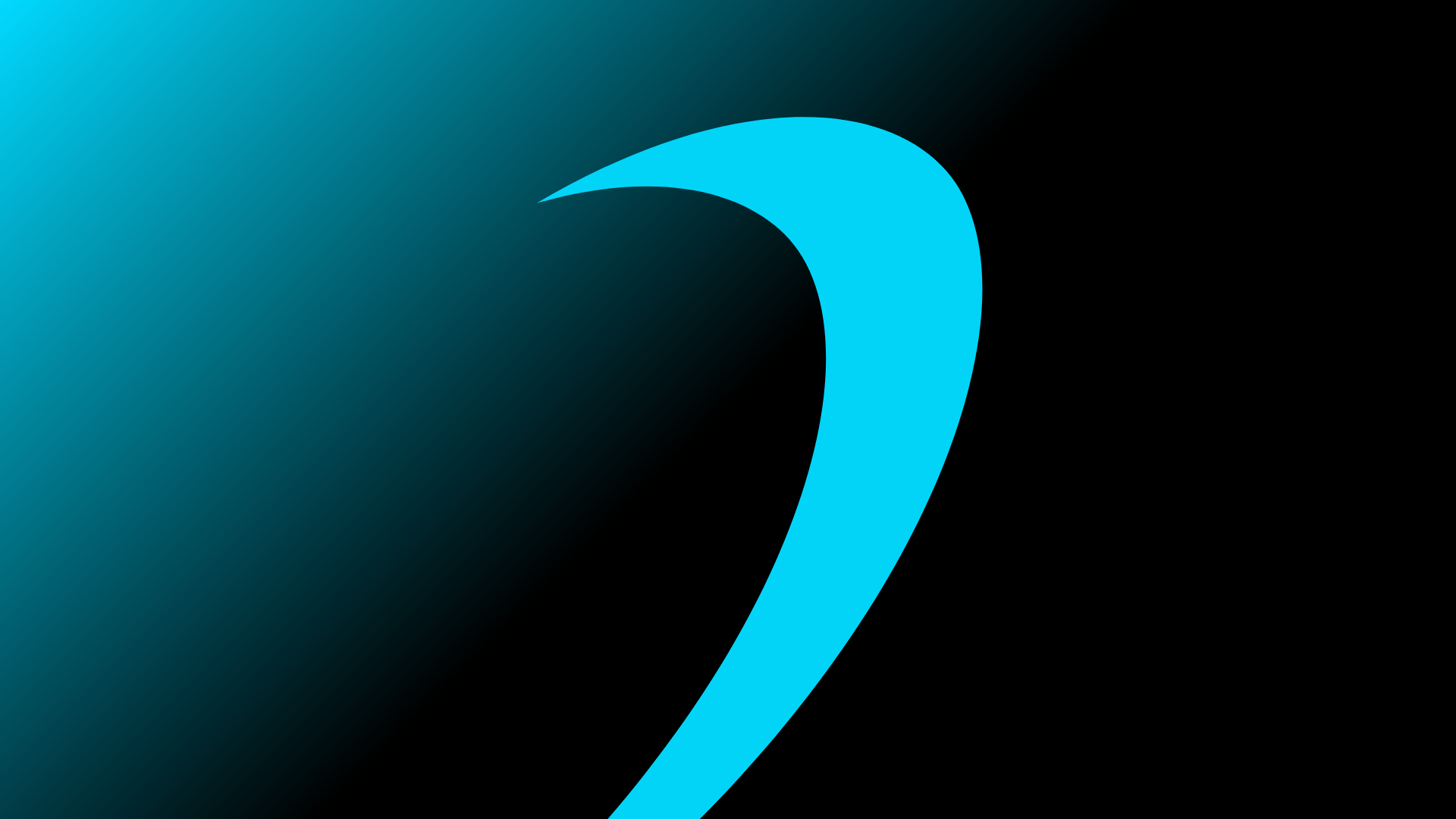
Browse all content tagged with this keyword.
Showing 29 results
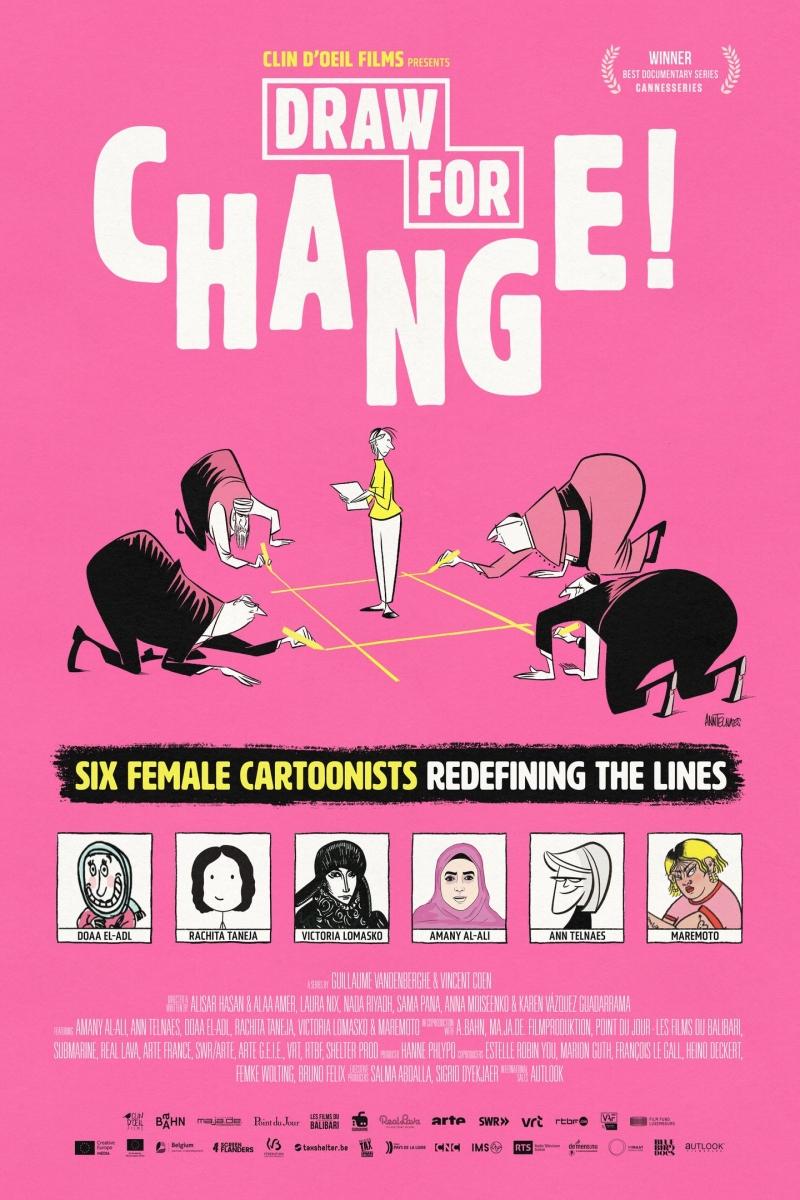
Doaa el-Adl, the first woman to be awarded the esteemed...

The story of Russian writer and Soviet dissident Aleksandr Solzhenitsyn...
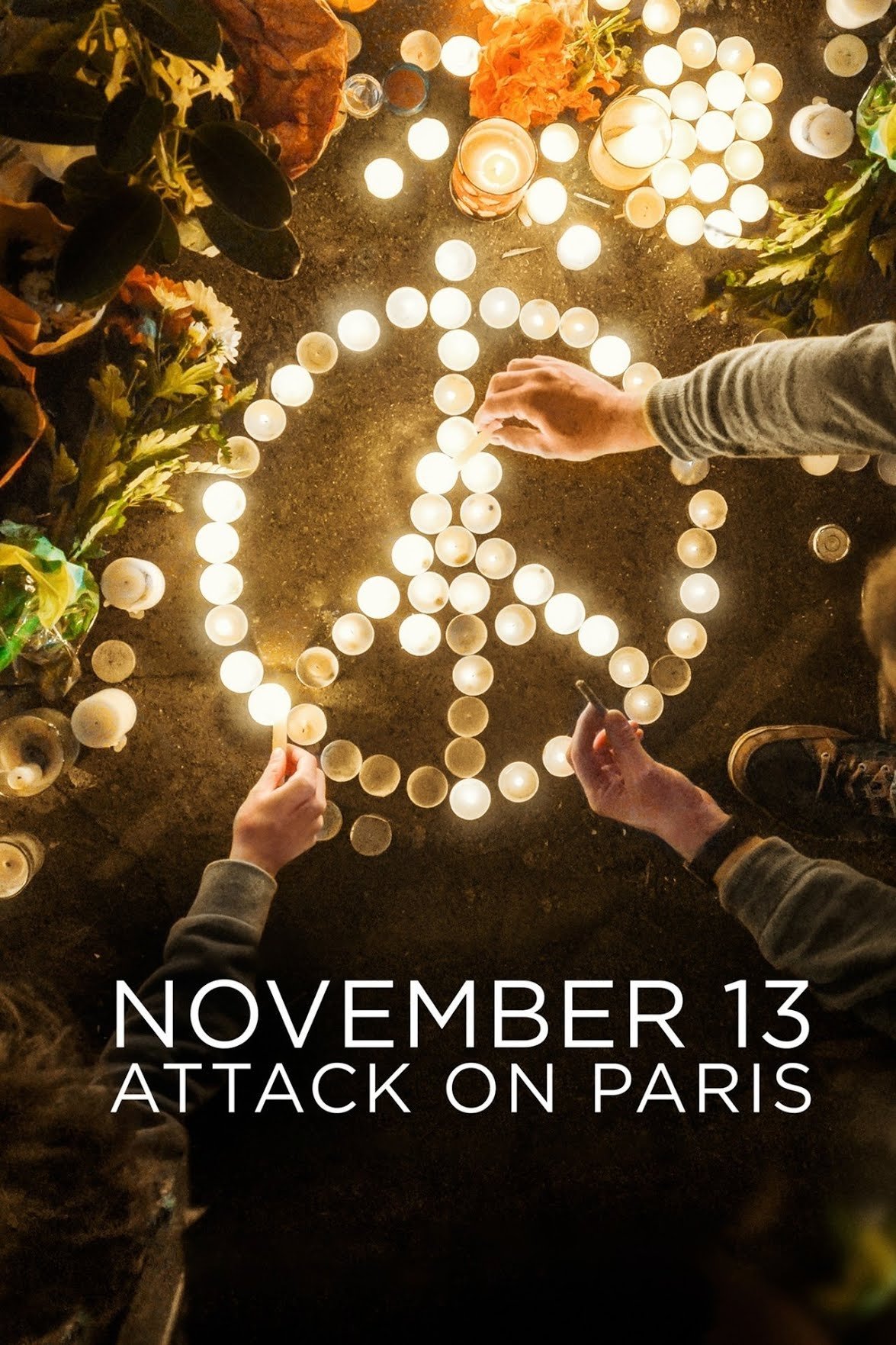
Survivors and first responders share personal stories of anguish, kindness...

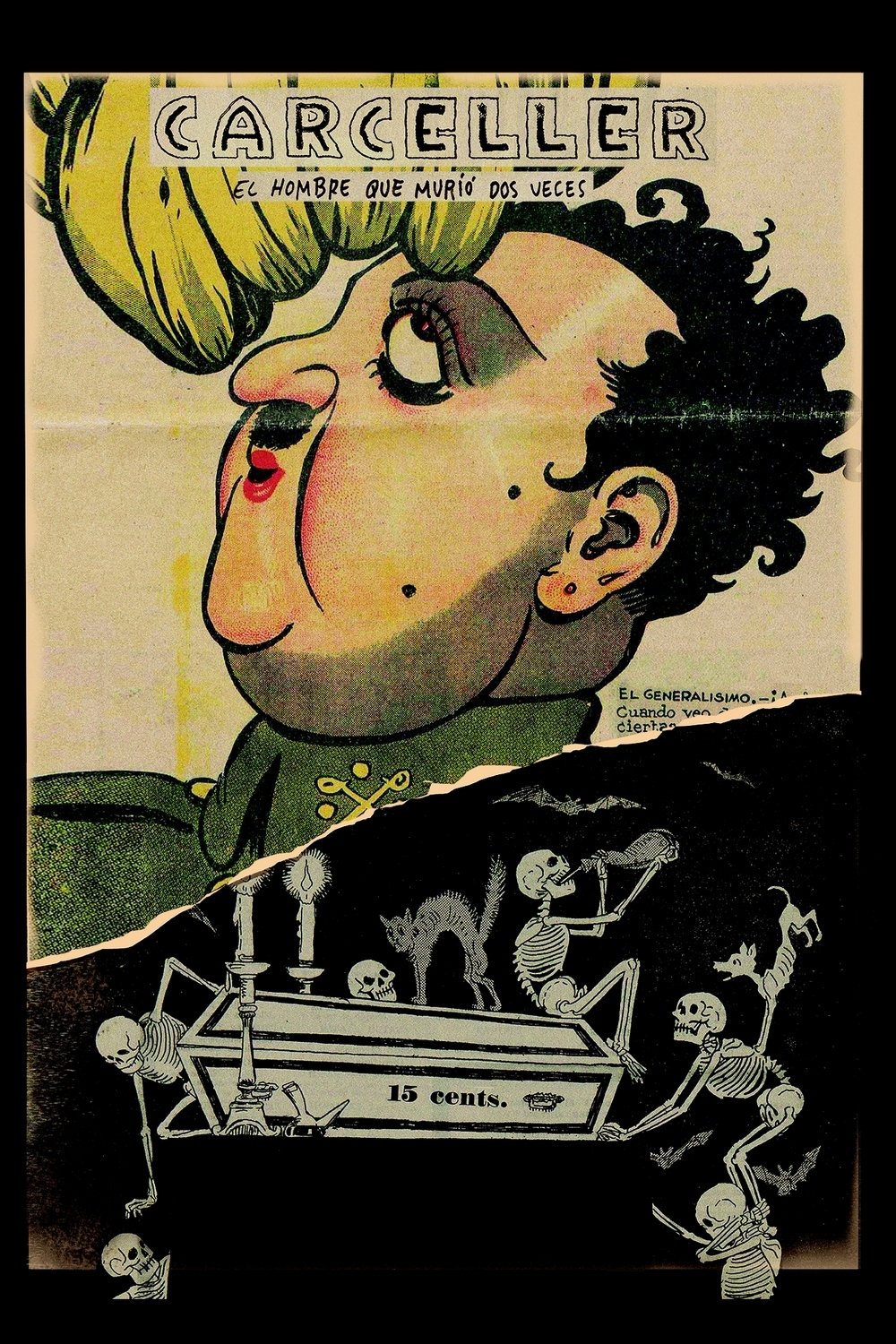
The life story of Vicente Miguel Carceller (1890-1940), a Spanish...
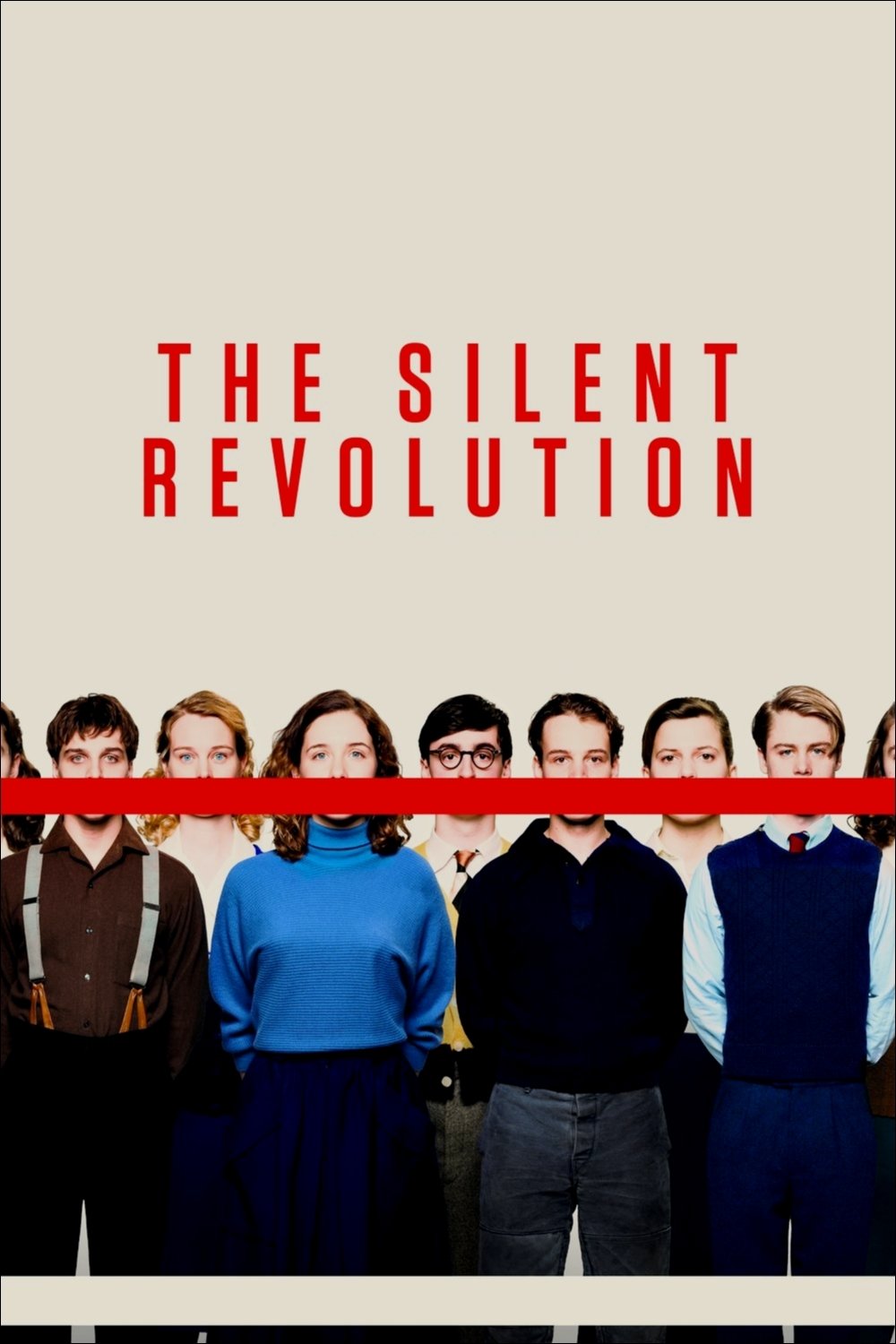
Stalinstadt, East Germany, 1956. While the Hungarian uprising against Soviets...
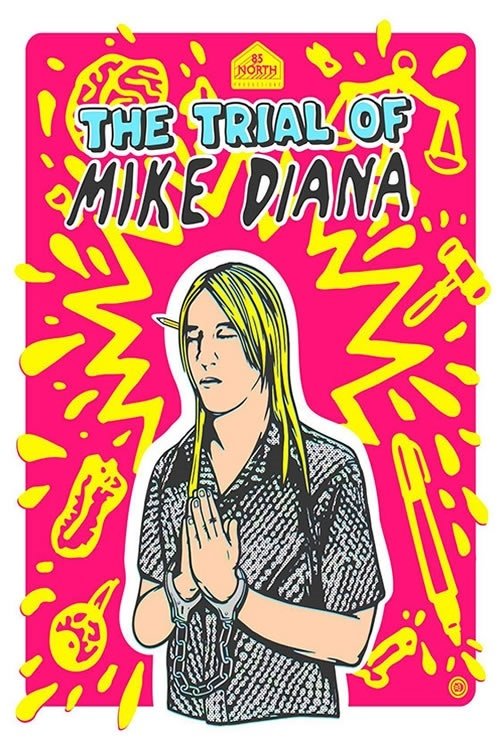
Florida, 1994. Artist Mike Diana is convicted on an obscenity...
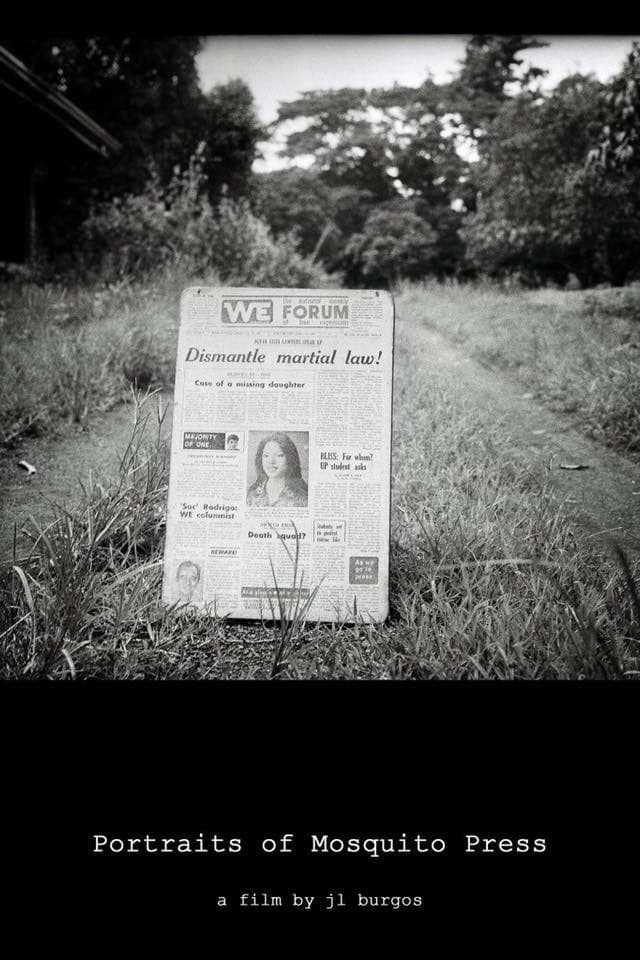
The documentary about the history and struggle for Press Freedom...